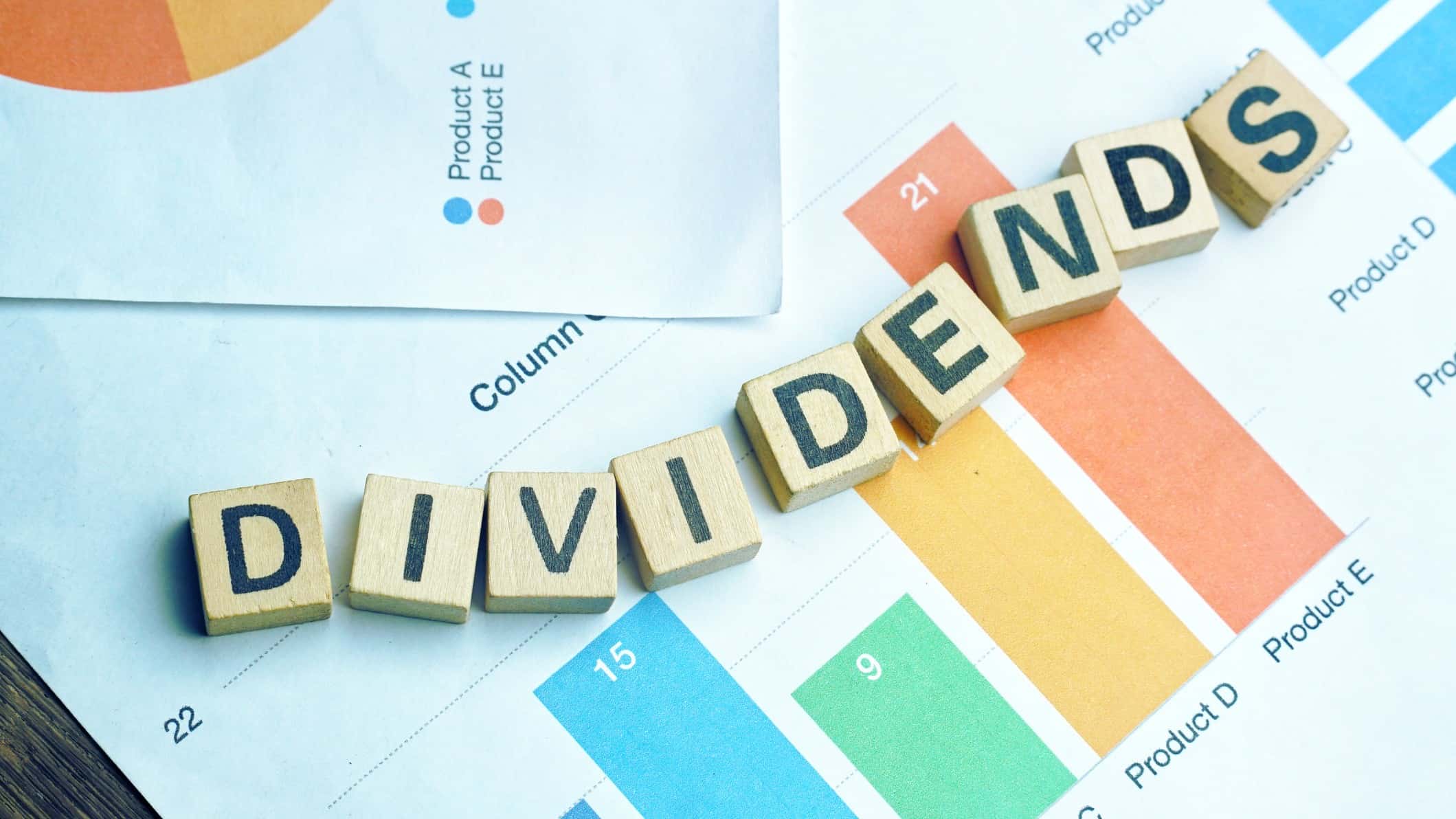
Softron has corporate clients from coast to coast and we are often asked about the pros and cons between salary and dividend. If you own a business through a corporation, you can pay yourself a salary, dividends, or a combination of both. Shareholders rely on drawings through the corporation to meet living expenses.
Should I pay myself a salary or dividend?
Salary- A salary is a personal income to shareholders. A salary with Canada Pension Plan contributions (the corporation’s share) is deducted from the corporation’s total income, reducing taxable income and corresponding income-tax payable. When a salary flows to an individual, it is taxable at a higher rate than dividend. A salary to a shareholder employee must coincide with the kind of work performed. It can be paid to other family members (e.g., spouse, child etc.) who do not need to be shareholders. A corporation must pay income-tax deducted at source and CPP (both portions as employer and employee) within 15 days of month ending. At the year-end, the corporation must issue a T4. If a business has to apply for a mortgage or a line of credit, salary is a better option. Employees will also develop an RRSP limit, 18 % of earnings.
Child care expenses can be deducted against salary, but not against dividend income, as dividend is treated as passive income. If a corporation’s active business income is more than the small business deduction (i.e., $ 500,000), it is always advisable to pay a salary. Payment of salary does not require retained earnings in a corporation and therefore the corporation can incur loss after deducting a salary as an expense.
Dividend- As long as the corporation has a surplus (i.e., positive retained earnings), dividends can be distributed in lump sum or at varying intervals before the end of the corporation’s tax year.
Dividend is investment income. It is paid out of after tax profits of a corporation and hence, the corporation has no tax advantage. When it flows through the corporation to an individual, it is taxed at a lower rate than a salary. This is because the same income cannot be taxed twice. Hence, even after the grossing up of dividends, dividend tax credit is allowed on a personal tax return and this reduces an individual’s tax liability. If dividend up to $ 29,000 is declared and distributed, personal tax liability will be zero. The assumption is that this is the only source of income. One has to pay only Ontario Health Premium, as income more than $20,000 is taxable. One must be a shareholder to receive a dividend. A corporation will issue a T5 slip to shareholders by Feb. 28th of the next year. No income-tax is withheld at source and hence, individuals may have to pay instalments next year, if tax liability in the year of distribution is more than $3,000.
Example
Salary- If a corporation pays a salary of $58,700 against an active business income of $100,000, it will owe $5,760 towards income-tax and $2,898 as CPP contribution (Employer’s share). On the other hand, a shareholder employee will pay $9,888 as personal tax and $2,898 as CPP contribution (Employee’s share).
Dividend- A corporation will pay tax at 15% on active business income = $100,000 = $15,000. Shareholders will pay personal tax = $5,171 on dividend distribution of $58,700.
Salary or dividend? Choose which works best for your personal situation!
Posted on 01 Dec 2021


